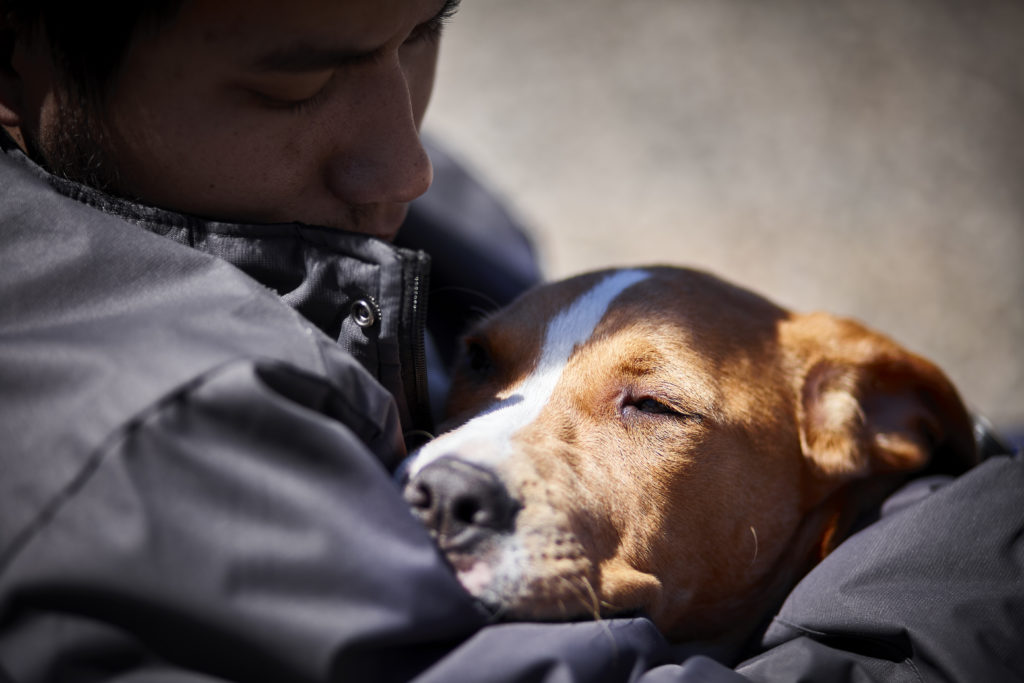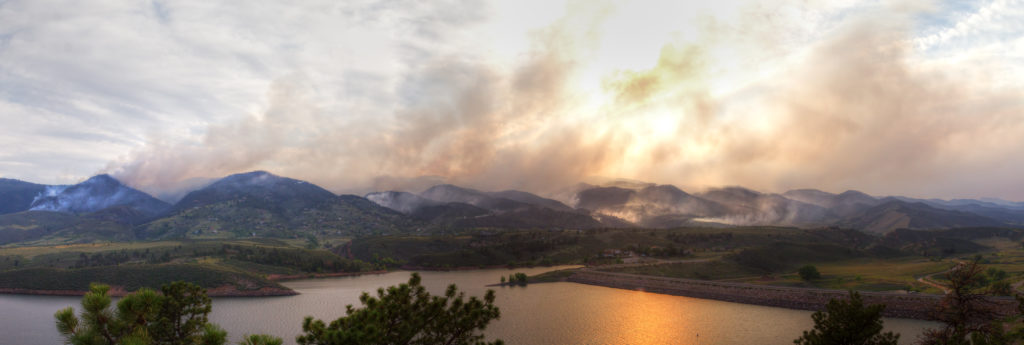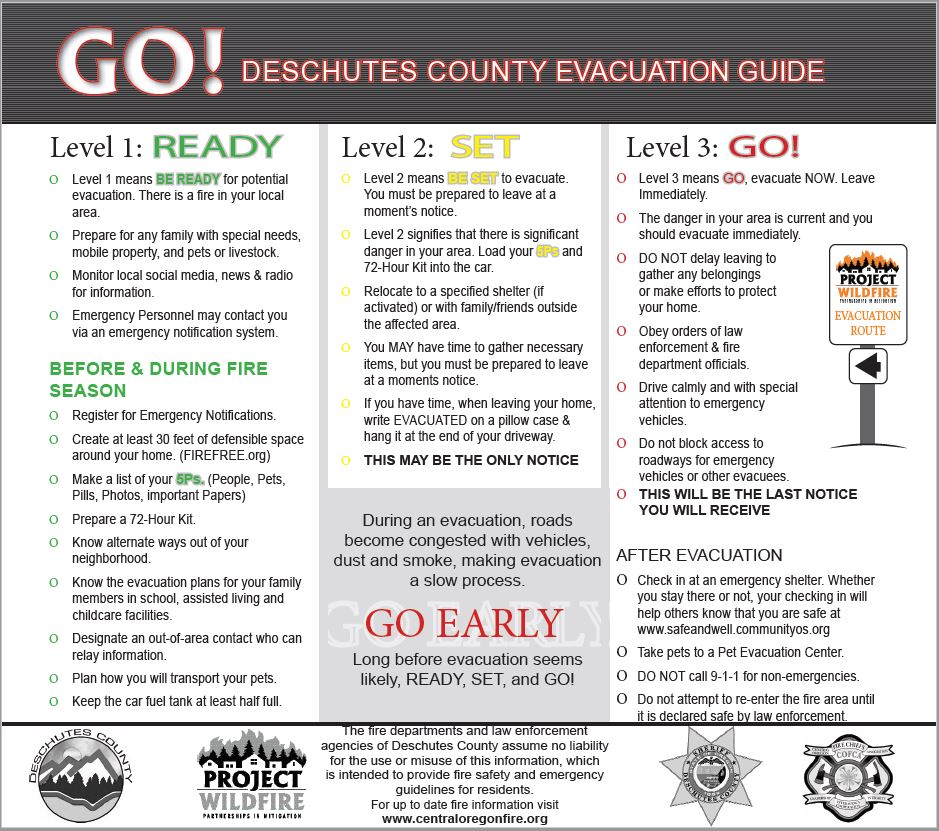Evacuation
Local Fire Agencies are responsible for determining when the need for evacuation exists and the Deschutes County Sheriffs Department and other law enforcement agencies are responsible for carrying out an ordered evacuation.
Across the country, injuries and deaths are increasing during wildland fire evacuations. The purpose of this page and Deschutes County’s evacuation guide is to allow residents to act responsibly and safely in the event of a wildland fire.
Evacuation Basics
Level 1: Get Ready, be ready for potential evacuation
There is danger in your area, monitor emergency service, websites, and local media outlets for information. If conditions worsen, emergency services personnel may contact you.
Level 2: Be Set to evacuate
You must be prepared to leave at a moment’s notice. There is significant danger in your area. This may be the only notice you receive from emergency personnel, if you feel threatened by the situation evacuate.
Level 3: Go, Evacuate Now
Leave immediately! Danger in your area is current or imminent, and you should evacuate immediately. This will be the last notice you receive! Do NOT delay leaving to gather belongings.
For current fire information: Central Oregon Fire Info
Non-Emergent 911 Dispatch Number: 541-693-6911 (please call in the case of large wildfires)
Register for emergency alerts: Deschutes County Emergency Alerts
Download your own wildfire action plan here: Deschutes County Evacuation Guide
Building an Evacuation Kit
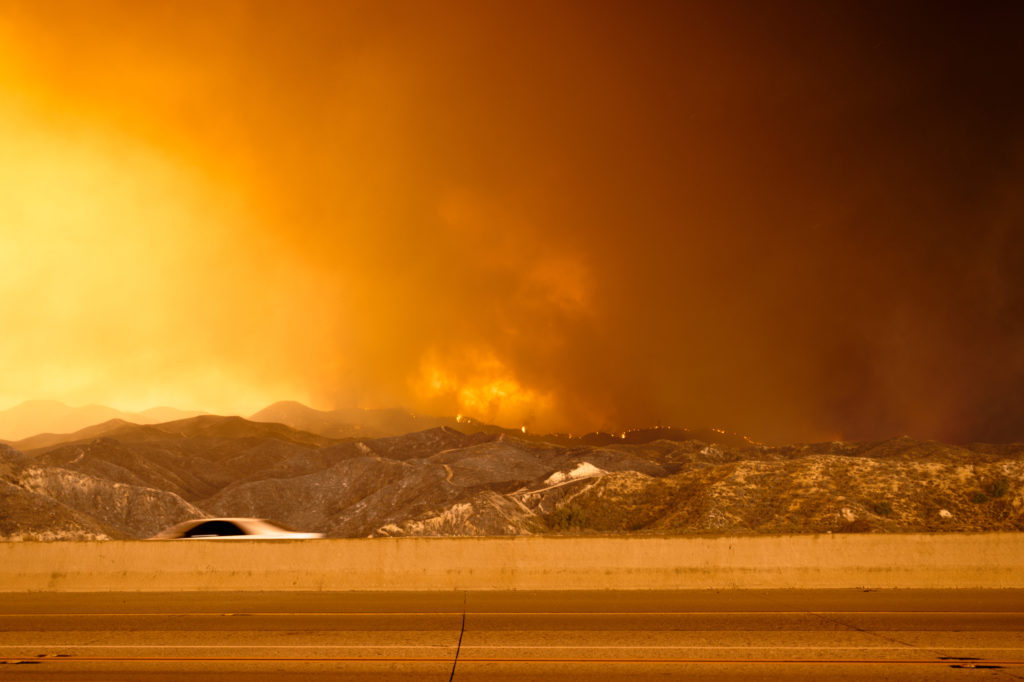
Being prepared means being equipped with the proper supplies you may need in the event of an emergency or disaster. Keep your supplies in an easy-to-carry kit that you can use at home or take with you in case you must evacuate. For a full list of items for your kit and more go to our Building a Kit page.
If you are interested in preparing those around you contact our Central Oregon Chapter of the American Red Cross to schedule your own preparedness presentation. They offer presentations to neighborhoods, churches, community groups, and more.
Pro Tip: Keep a pair of old shoes and a flashlight handy in case of a sudden evacuation at night.
Preparing Our Children
For our children, disaster preparation will look a bit differently. As parents, we can make sure we have conversations about wildfire and other disasters long before they happen. These conversations can be difficult, as they touch on fears we avoid.
Let your kids know your and the family’s priorities. Talk about ways the family would become a team, gathering clothes, medicine, packing the car. Remain calm and reassuring, but be realistic.
Even their evacuation kit may look a little different, it might include toys or special treasures/items as well as the basics items. Those items will help quite a bit if you and your family are evacuated to a shelter. Talking and planning with our kids when discussing evacuation can be difficult but there are a few things you can do. For a full list of ideas check out our Preparing Your Kids page.
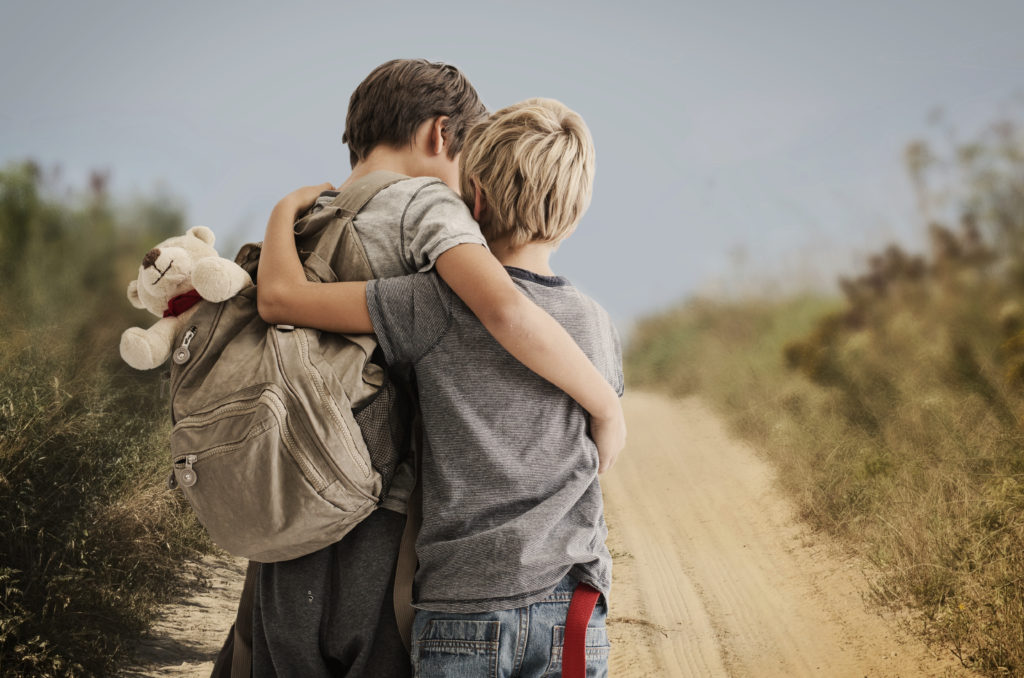
Other Family Members
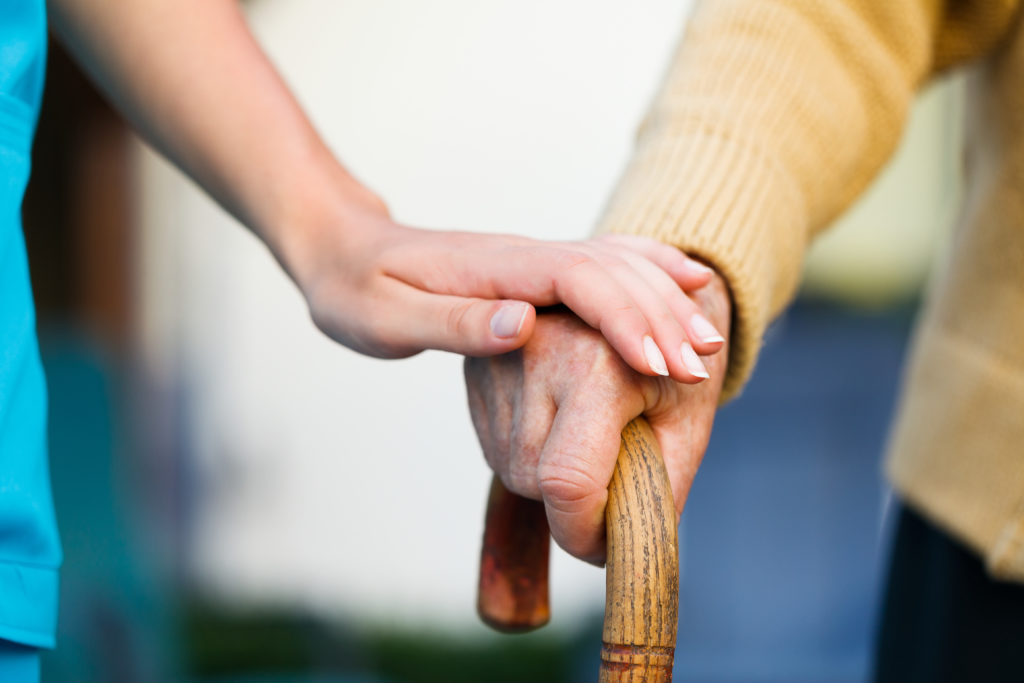
We may have people around us that need extra time to evacuate. Whether that’s a family member that has some special needs or needs extra time or a neighbor that you know have in your community. Making sure that everyone is prepared for evacuation especially our community members that may be at risk is just as important as preparing those around us.
If you know you may need some extra time to evacuate in the face of a disaster there are things you can do to prepare ahead of time. The first line of defense against the effects of a disaster is personal preparedness. Be informed and know your community and residential hazards (wildfire, floods, etc.). You can find a full list on our Preparing Other Family Members page.
Preparing Your Animals
During a wildfire evacuation, it can be hectic. Even in the busiest of times, we can’t forget to prepare and evacuate our pets. In an emergency, your animals will be even more dependent on you for their safety and well-being.
If you have to evacuate your home during a disaster, the best way to protect your pets is to evacuate them too. If it’s not safe for you to stay behind then it’s not safe to leave pets behind either.
Know which friends, relatives, boarding facilities, animal shelters or veterinarians can care for your animals in an emergency. Prepare a list with phone numbers. Although your animals may be more comfortable together, be prepared to house them separately.
Include your pets in evacuation drills so that they become used to entering and traveling in their carriers calmly.
For more info and tips on preparing your animals, check out our Preparing Your Pets page.
